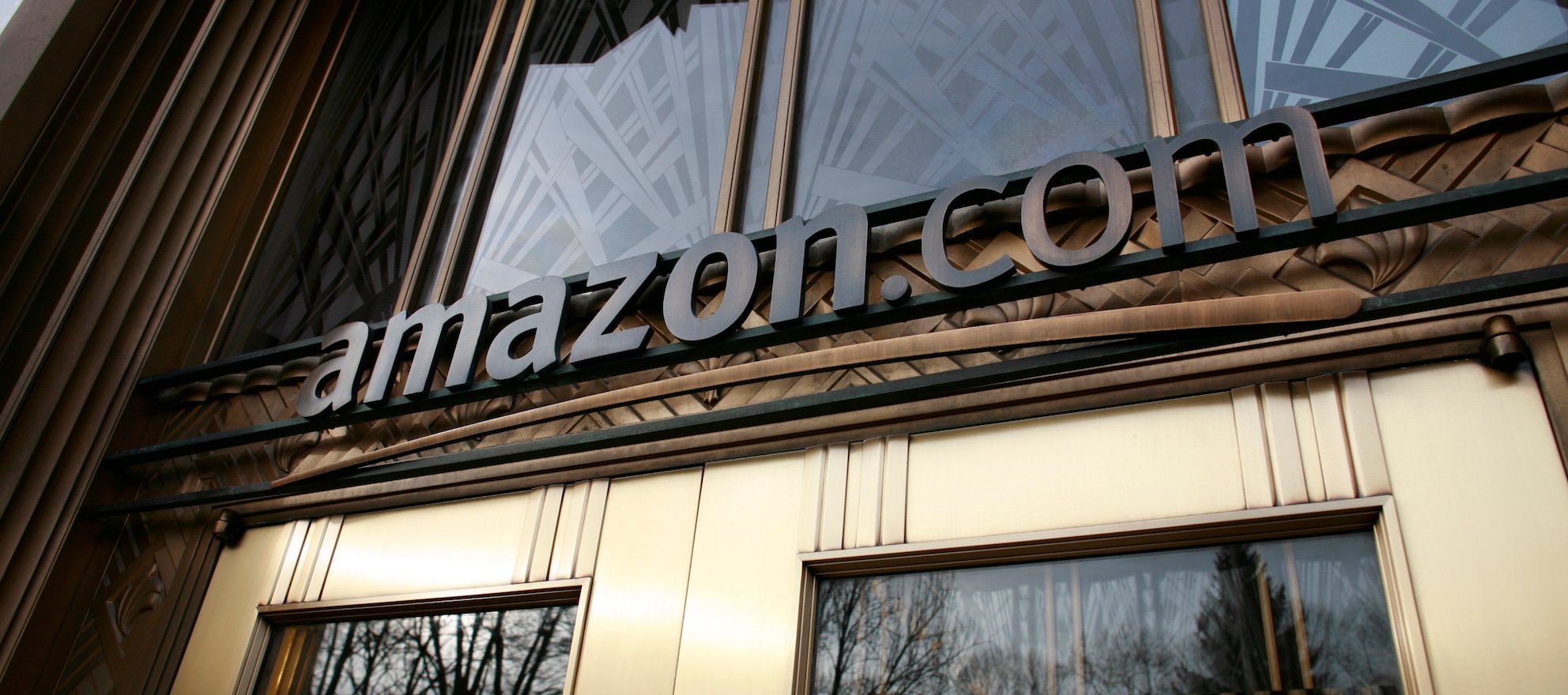
Amazon will drop a “prosperity bomb” on the city where it chooses to build a $5 billion, 50,000-person second headquarters.
The question, writes the Brookings Institution’s Joseph Parilla, is whether new wealth will be shared equitably or accrue mostly to a relatively small group?
One of the biggest factors that will decide the answer is how the chosen city will respond to Amazon’s impact on housing affordability.
Amazon estimates it’s generated $38 billion in economic activity in Seattle between 2010 and 2016, as local unemployment fell to a very low level. And yet, the company’s impact has arguably left some vulnerable residents worse off.
That’s in large part because the cost of housing has outpaced wage gains. While the income of families at the 20th percentile of the earnings distribution grew by 14 percent between 2014 and 2016, rents increased at 19 percent, according to Zillow.
“When housing supply was constrained, as has occurred in Seattle, the cost of living increases experienced by the working class outstripped any wage gains,” Parilla wrote.
Your business is on the line: how NOT to lose another lead
You’ve got the leads, now convert them into clients READ MORE
So a key task for the city that win’s Amazon’s headquarters is ensuring that its arrival does not rapidly drive up housing costs.
That should include not only stimulating new market-rate development through zoning, but also setting aside some of the tax revenue generated by Amazon to fund and preserve affordable housing, Parilla advised.
Other measures that cities can take to secure a fair deal with Amazon for all their residents include:
- securing investment from Amazon in local businesses initiatives, such as a startup accelerator, and sourcing services and goods from resident suppliers.
- preparing existing residents to take advantage of employment opportunities created by Amazon
- including stakeholders that reflect the “diversity of an entire region” in business planning around Amazon.
“… absent any semblance of intentionality, Amazon could drop another unplanned prosperity bomb, a regressive explosion that heightens inequality, spurs gentrification, and diminishes social cohesion,”Parilla cautioned.
In another scenario, Amazon could “serve as more of a controlled power source, one that economically energizes as many people and communities as possible,” he said.
In September, Amazon announced it would accept proposals from cities interested in hosting the company’s second headquarters. More than 200 cities expressed interest, and in January it whittled the number of finalists down to 20, including Atlanta, Boston, New York and Miami, among others. Amazon is expected to release a shorter list of finalists within weeks, according to the Brookings Institution.
New Amazon headquarters will pose housing challenges curated from Inman – Real Estate News for Realtors and Brokers
Comments
Post a Comment